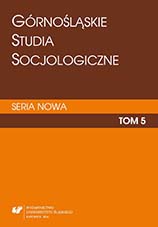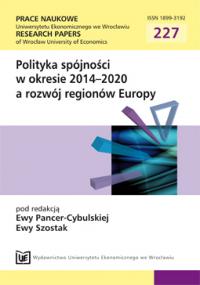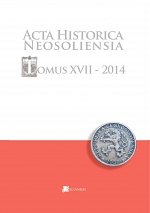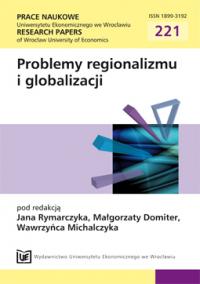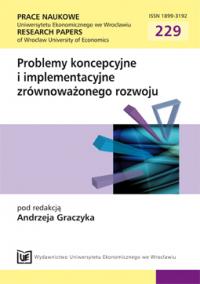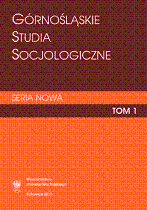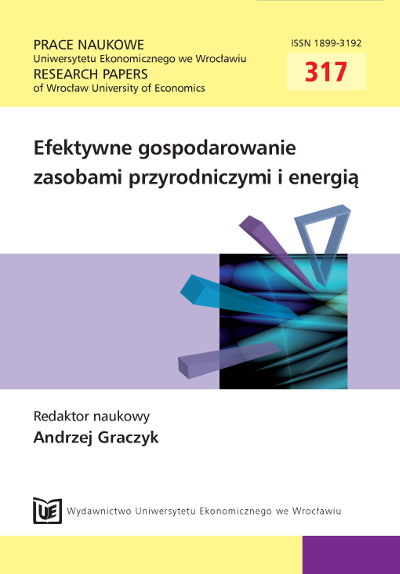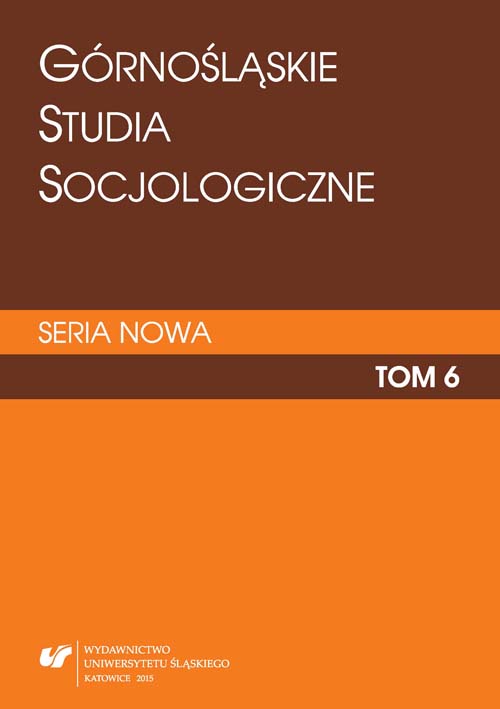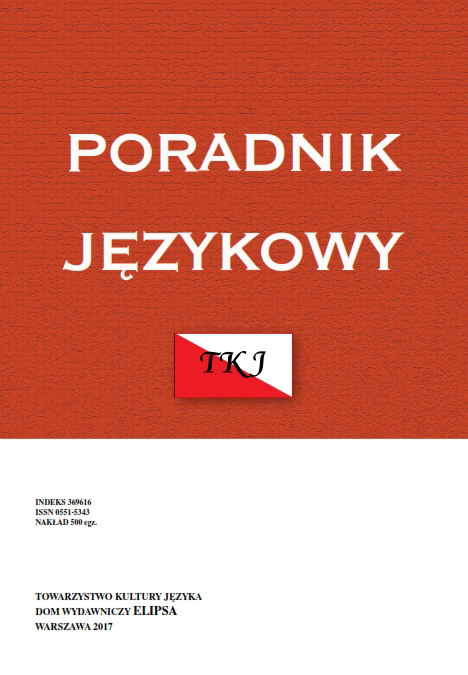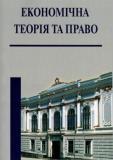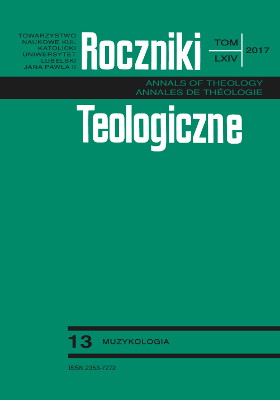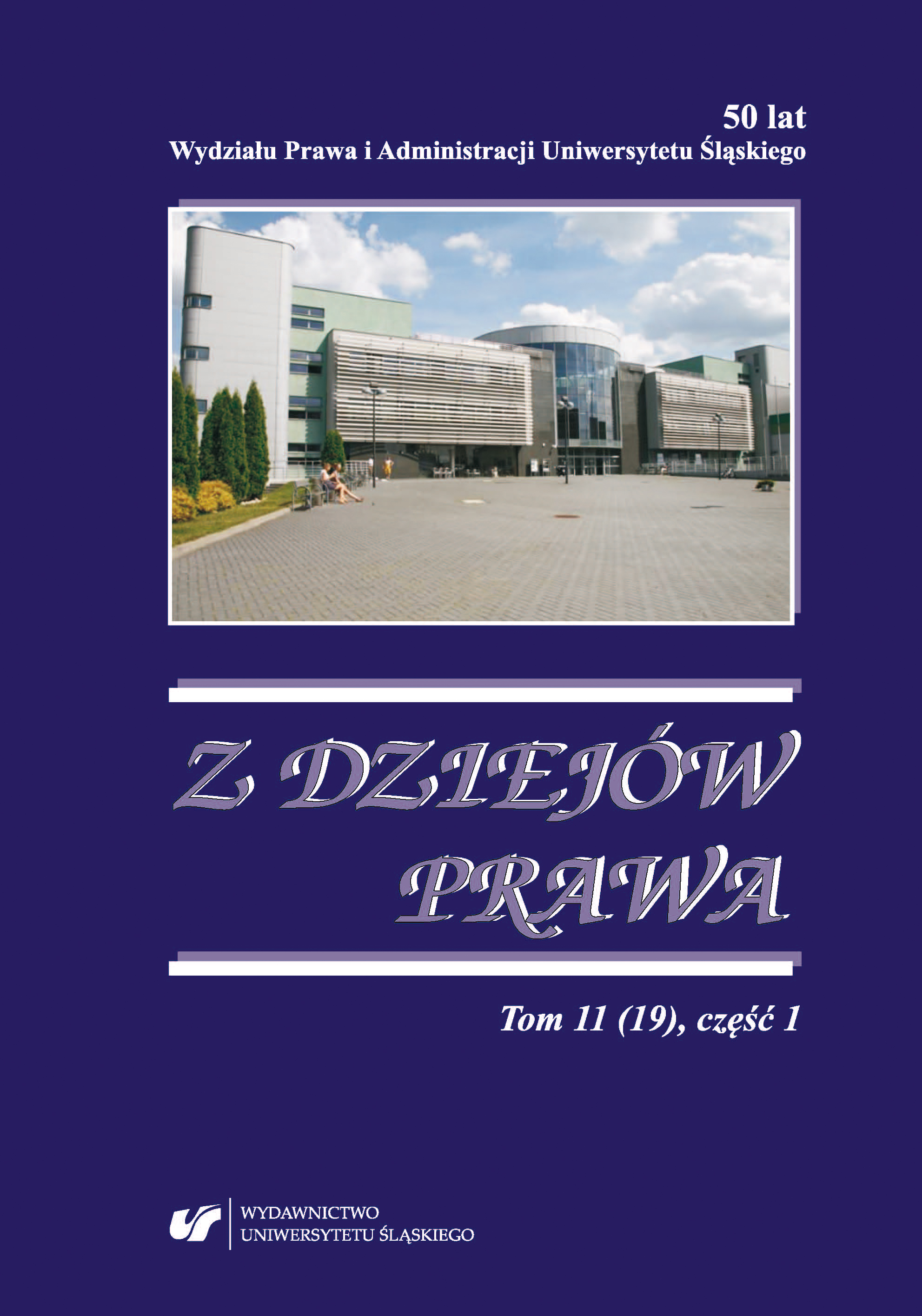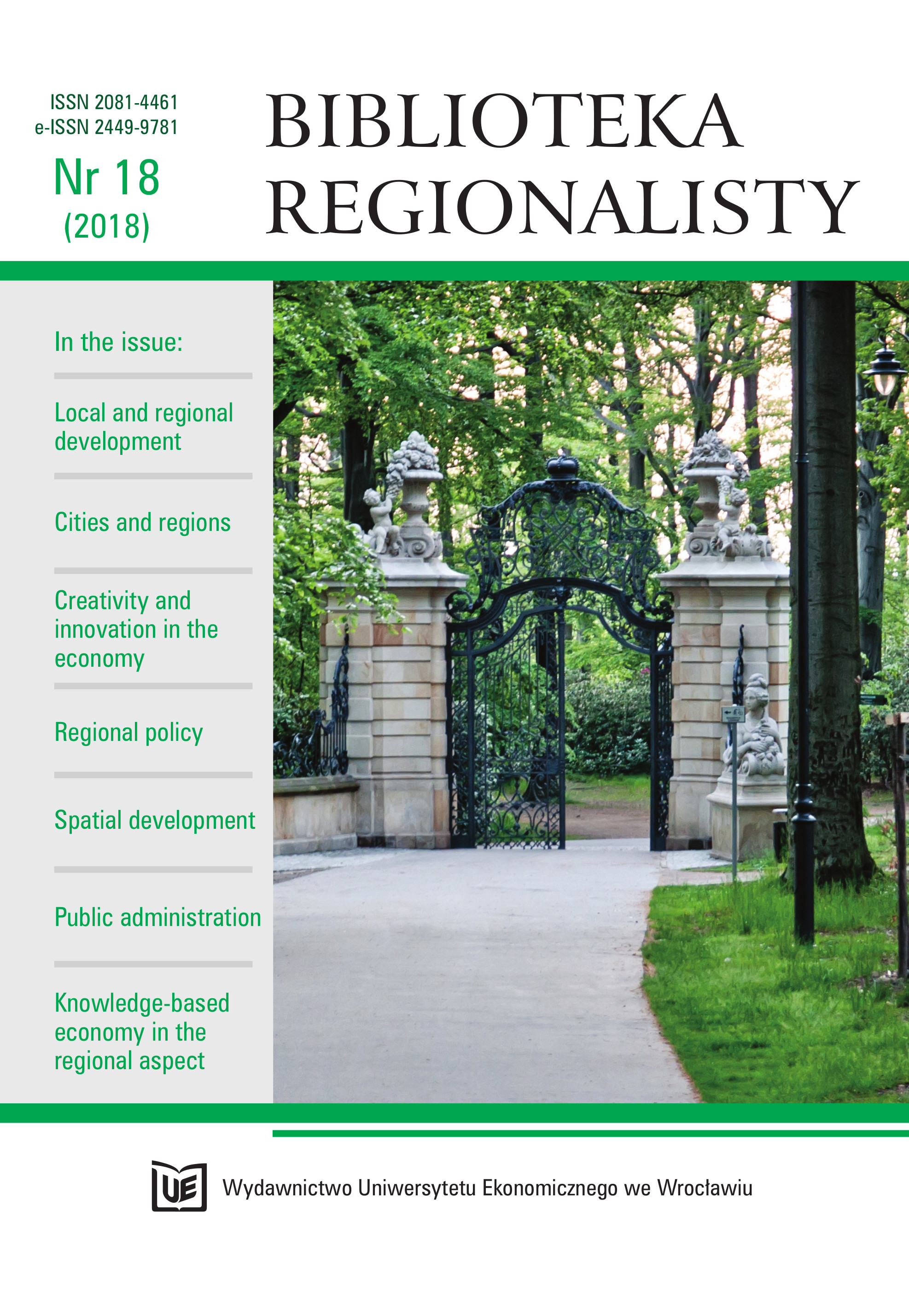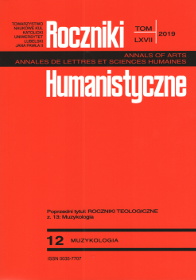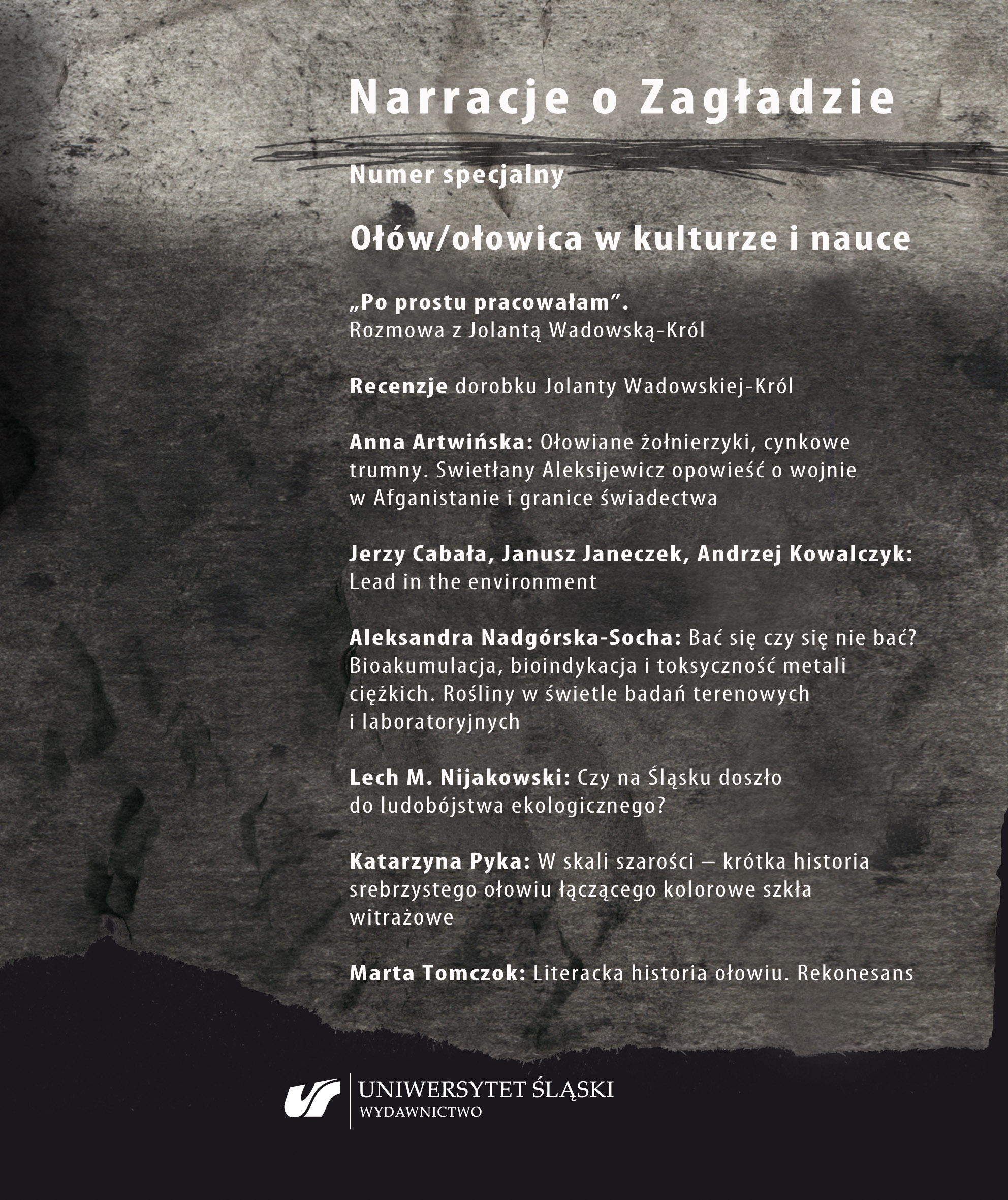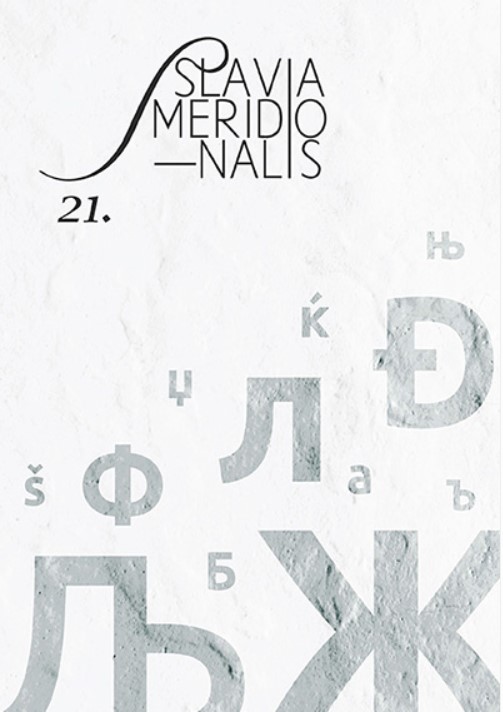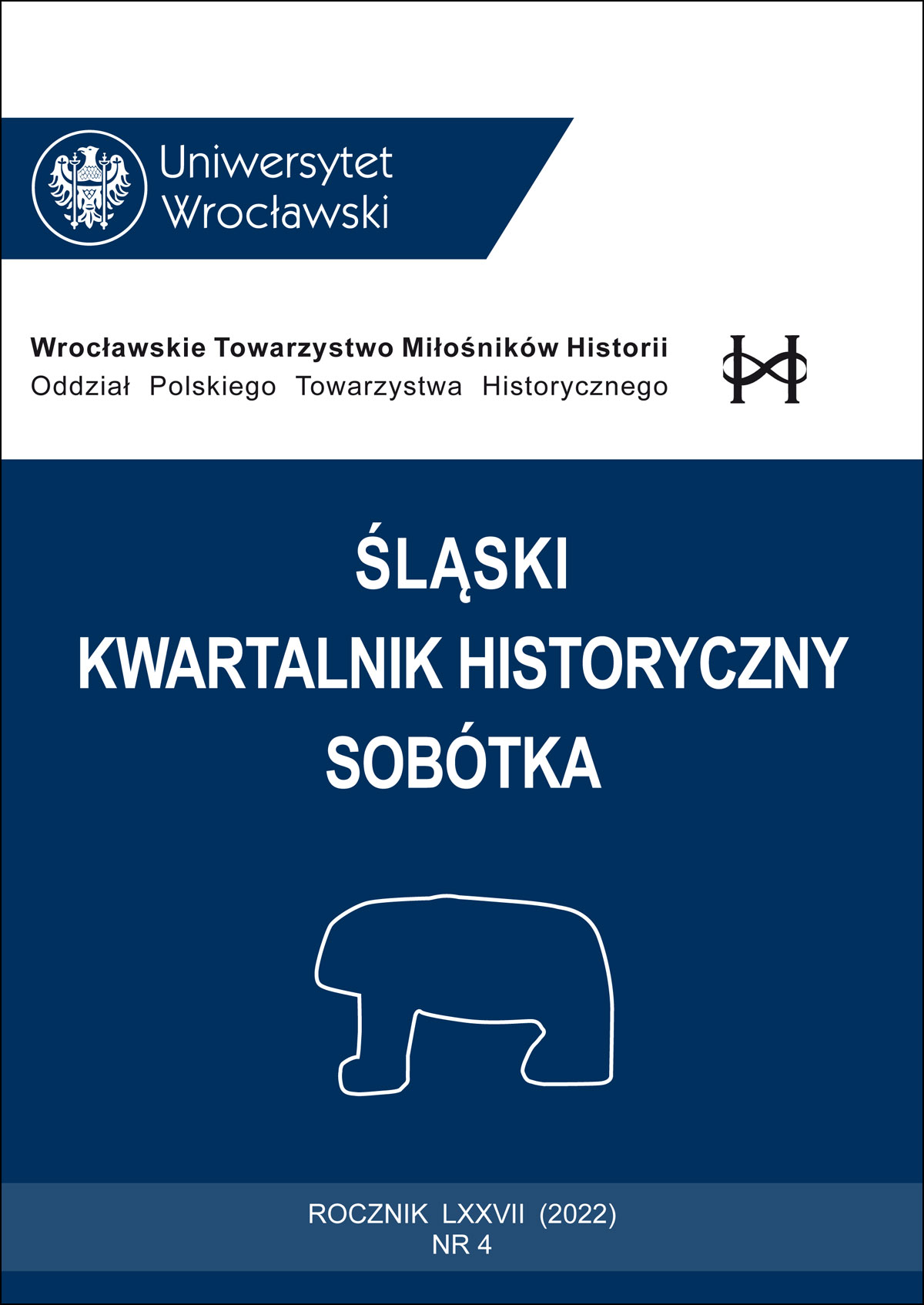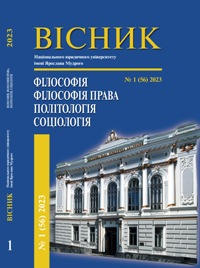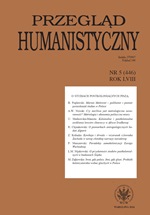
About Usefulness of Postcolonial Studies in Research on Silesia
O przydatności studiów postkolonialnych w badaniach Śląska
Keywords: postkolonializm; kolonia wewnętrzna; kapitalistyczna gospodarka-świat; gospodarka Śląska; tożsamość Ślązaków; śląskie dyskursy emancypacyjne
The aim of the article is to present the extent to which postcolonial studies are useful in research on Silesia. The first part analyzes the social and economic dependence. Silesia is presented as an early periphery of the capitalist world economy gaining in importance along with the industrialization process. The author highlights that despite the evident exploitation of the region and its social costs, it is hard to recognize Silesia as an “internal colony” of subsequent state organisms. The second part examines the regional discourses of emancipation, including the nationalist ones contributing to creation of new forms of identity of Silesians. The author emphasizes that the conspicuous feature which distinguishes the Silesian discourses of emancipation from the colonial ones is that Silesians were not denied individualization and empowerment, although in Poland and Germany they were denied being recognized as a separate nation. The conclusion of the article is that postcolonial studies should be only one intellectual source of the researchers of Silesia, not a dominant paradigm.
More...
